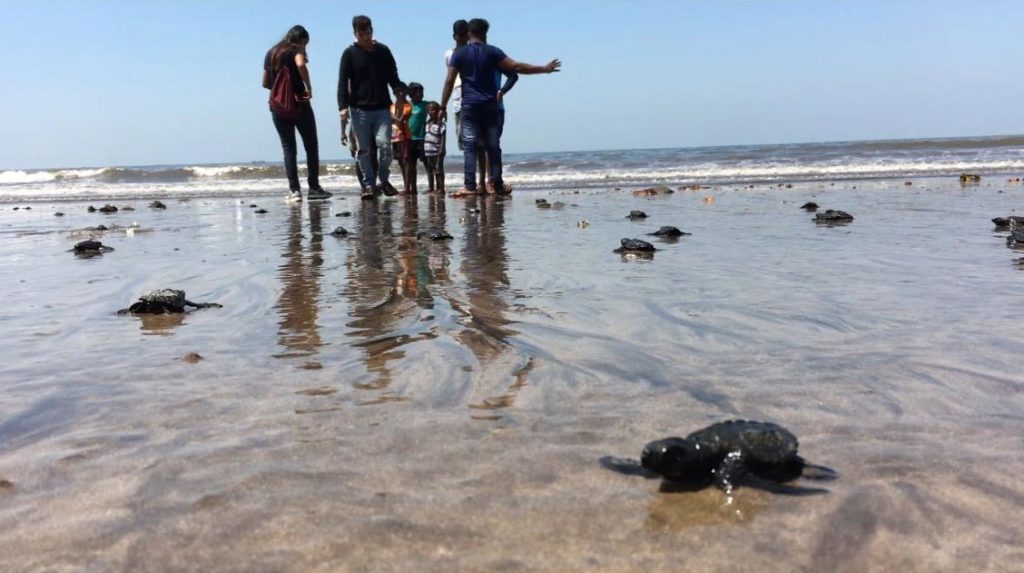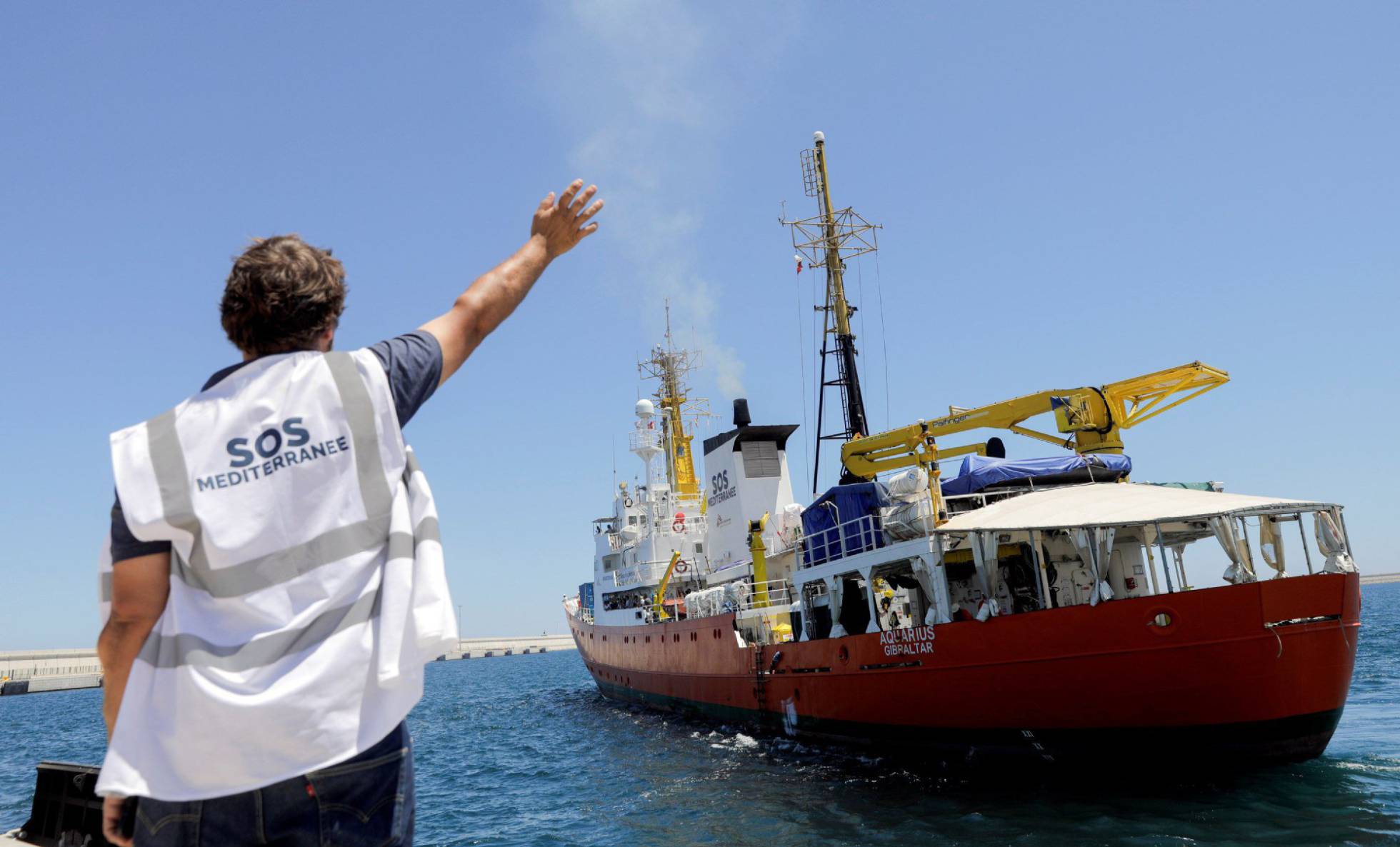For many of us with our evangelical background we have been intuitively taught to believe that there are answers (not so bad a concept) and that we have them (not always a good concept!). This is also compounded if we also have a personality that is biased toward the black and white approach of there being an absolute that is knowable in every situation. Maybe add a little bit of youthful energy and we will always be looking to receive or to give the definitive response. ‘I’m glad you asked me, and even if you didn’t ask me I am more than capable of telling you the answer. So pin back your ears…’
I suggested in conversation recently that when we are younger in our faith and in our stage of life that we are often ready with the answer, but as we develop we move away from being equipped with the quick answer to seeking the slower and less easy task of trying to help find solutions. An answer based approach will say ‘this is right, that is wrong, I know that because…, and so this is what you need to do.’ A solution based approach might even say ‘I don’t have the answer, and I am not sure there is an answer, and probably what you are experiencing will be an untied loose end and won’t even be resolved.’ A way forward (a solution) can consist in ‘there is no answer.’ Strangely knowing that there is no answer can help us find the solution, whereas holding on to an answer can leave us vulnerable to the many turns and twists of life.
I listened recently to a part of a video where the person said, in effect, that he had come to them with questions for their answers. That is not something we like when we want certainty! Yet doubt and uncertainty is not the enemy of faith, but are the companions that enrich our faith.
There are answers to many of our situations, it is not as if all of life is a loose end – thank God! But a premature answer can also sell us short, so that we avoid the journey in waters unknown, and do not discover what needs to change within us. Maturity is not marked by finding all the answers (becoming a human ‘wikipedia’) but in meandering ever closer to the God who does not always deal with rights and wrongs but in redemptive solutions that move life forward. (Life is a meander because we do not always know in what direction we should head, but somehow as we walk in humility our meander takes on a distinct direction.)
We can see this kind of meander in Paul (an apostle meandering – whatever next?). We read:
Paul and his companions traveled throughout the region of Phrygiaz and Galatia, having been kept by the Holy Spirit from preaching the word in the province of Asia. When they came to the border of Mysia, they tried to enter Bithynia, but the Spirit of Jesus would not allow them to. So they passed by Mysia and went down to Troas (Acts 16:6-8).
They were headed toward Asia, presumably because they felt clear to head in that direction, but hit a block; they tried to enter Bythinia but were prevented. Not exactly clear apostolic direction at this point. There must have been a relief when at last Paul got his act together announcing he had had a clear dream of where they should go – Macedonia. The dream of the man calling for help clearly restores faith in his ability to receive apostolic direction! So off to Macedonia (Philippi) they go and ever so quickly they walk into the fulfilment. Or do they? It is not a man of Macedonia that features but a woman – Lydia! Of course there might be ways of resolving it all (the jailer and family respond later) but I like that there is not a clear – ‘and as a result of the dream this is what came about and all the boxes were ticked.’ The Bible helpfully leaves things unresolved – it is a book of God’s solutions not simply his set of answers. It is not a codified text of a way to live but a narratival account of the meanderings of those who were not among those who were mighty, highly intelligent and lived happily without a doubt again ever after.
I suspect God is not scratching his head seeking to find the answer but is willing to open his heart to us and help us find a way forward. And the way forward just might be a messy one.
Solutions are not always the answer, but answers are not always the solution. Solutions open the future; answers try and explain the past. They might be related, and maybe one day we will receive all the answers to the questions we had, but I suspect when we fully live the other side of the solutions we probably won’t be interested in the answers.
PS: You can present all the answers in the comment section should you wish!!







